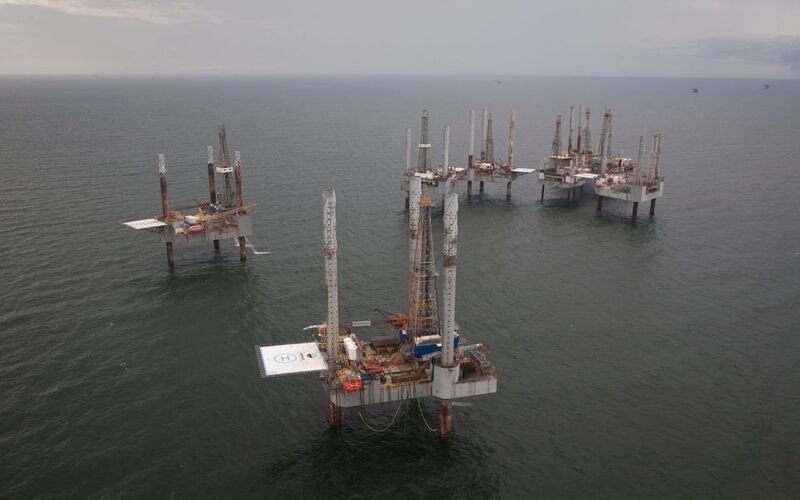After falling more than 3% the day before, oil prices rose in Asian trade on Tuesday as concerns about supply sparked by the Middle East’s crisis overshadowed negative news from China.
Tuesday’s December Brent oil futures are scheduled to expire. As of 06:37 GMT, they had increased by 65 cents, or 0.74%, to $88.10 a barrel. January Brent crude futures traded more often and increased by 63 cents, or 0.73%, to $86.98.
The price of U.S. West Texas Intermediate crude rose by 0.81%, or 67 cents, to $82.98. Despite an intensification of Israel’s attacks on Gaza, oil fell on Monday as investors became more cautious ahead of the U.S. Federal Reserve meeting on Wednesday.
Based in Shanghai, the commercial heart of China, analyst Leon Li of CMC Markets stated, “Iran is currently only resorting to verbal deterrence. Although it implemented a ground attack, it also retreated very quickly.”
“If this evolves into a full-scale invasion and there is involvement from Iran, tighter supply worries could resurface.” Following a technical fall earlier on Tuesday, prices had recovered, and he said the market’s potential for upside now depends on whether Israel continues its ground attack.
“Disruptions to Iranian oil flows remain the most obvious risk to the market,” ING analysts stated in a report.
Although Middle East developments have not yet affected the oil supply, they noted that if the United States firmly implements sanctions again, such lost collection might range between 500,000 and 1 million barrels per day (bpd).
China is the world’s second-largest oil consumer, and data on manufacturing and non-manufacturing activity that was lower than anticipated raised concerns about a slowdown in gasoline consumption.
The official purchasing managers’ index fell back below the 50-point threshold that divides expansion from contraction after missing an estimate. Concern over the future of Venezuela’s petroleum shipments, hampered by the election’s unpredictability, helped prices rise somewhat.
According to ING analysts, the Supreme Court’s decision to postpone the results of the opposition presidential primary this month raises doubts about the U.S. government’s willingness to continue lifting sanctions on Venezuela.
They stated that the United States has just resolved to lift sanctions in exchange for assurances of more equitable elections in 2024.
Even though there is a good chance that interest rates will remain unchanged, according to a survey by CME’s Fedwatch tool, markets were closely watching the conclusion of the U.S. central bank meeting on Wednesday.










































Comment Template